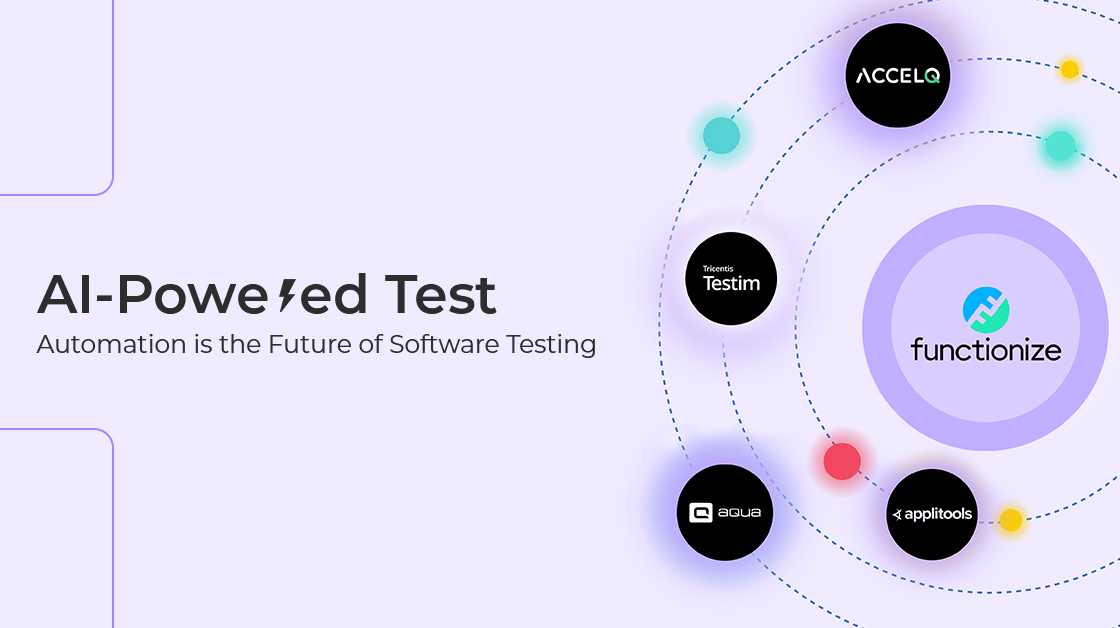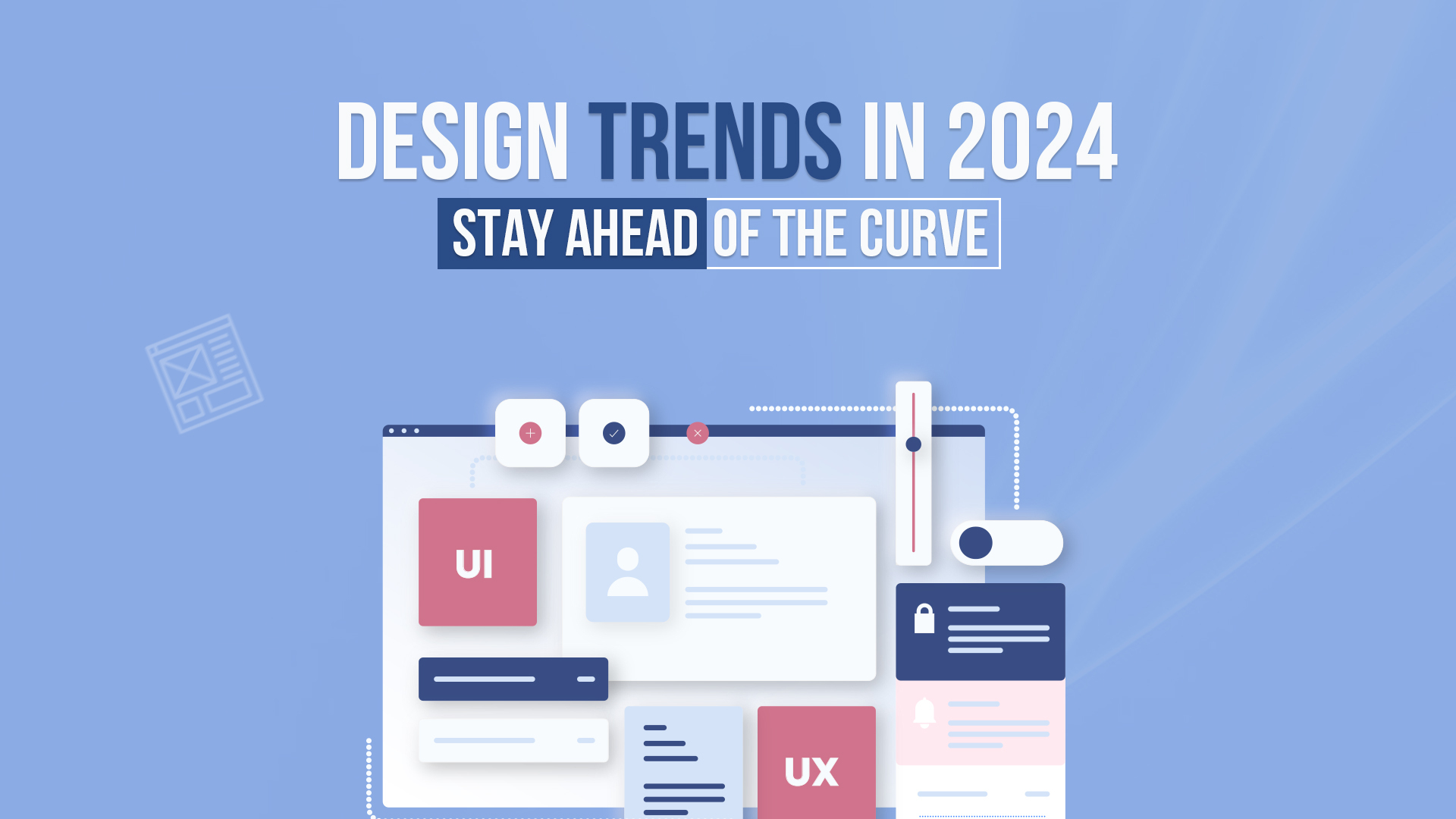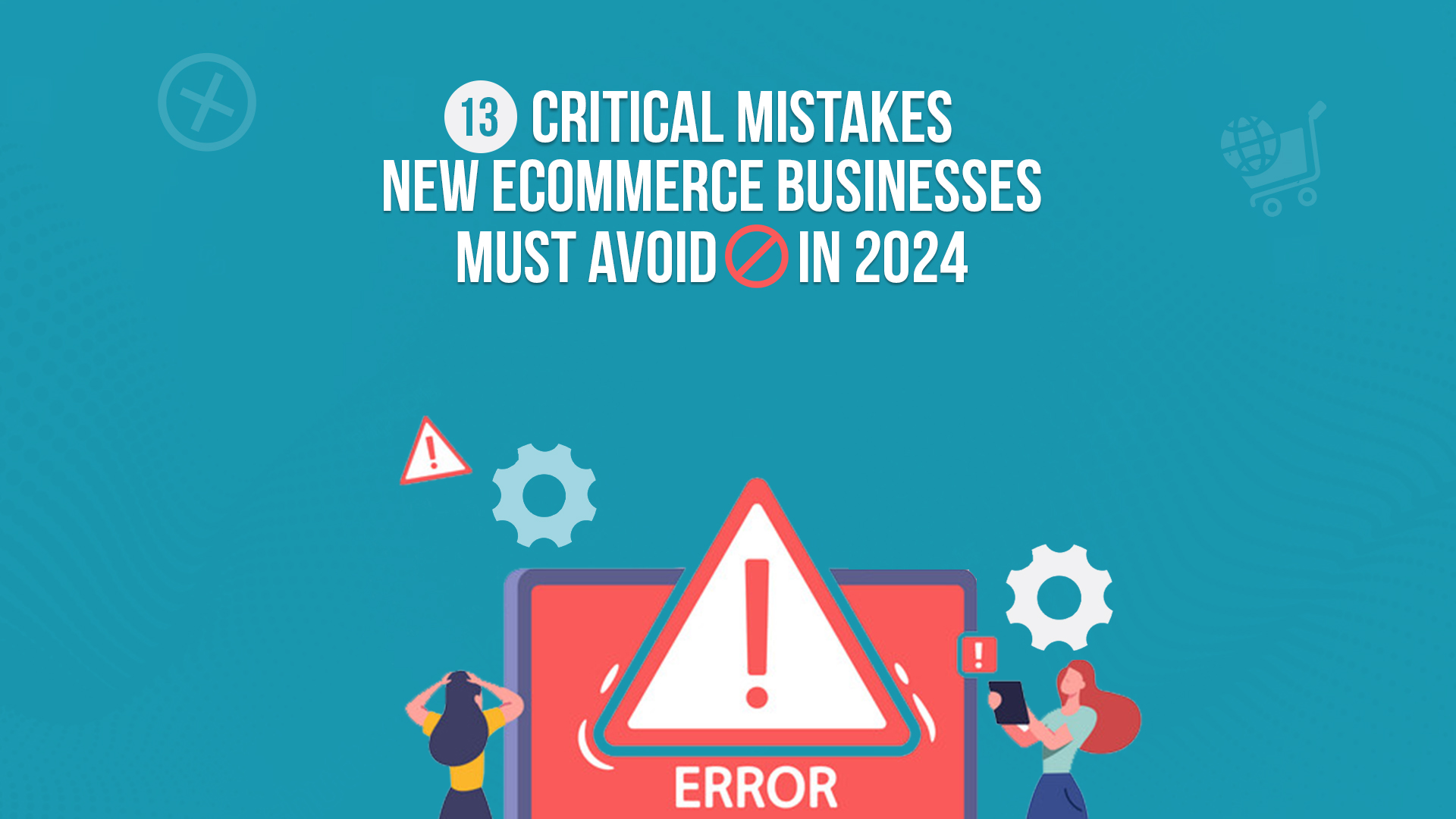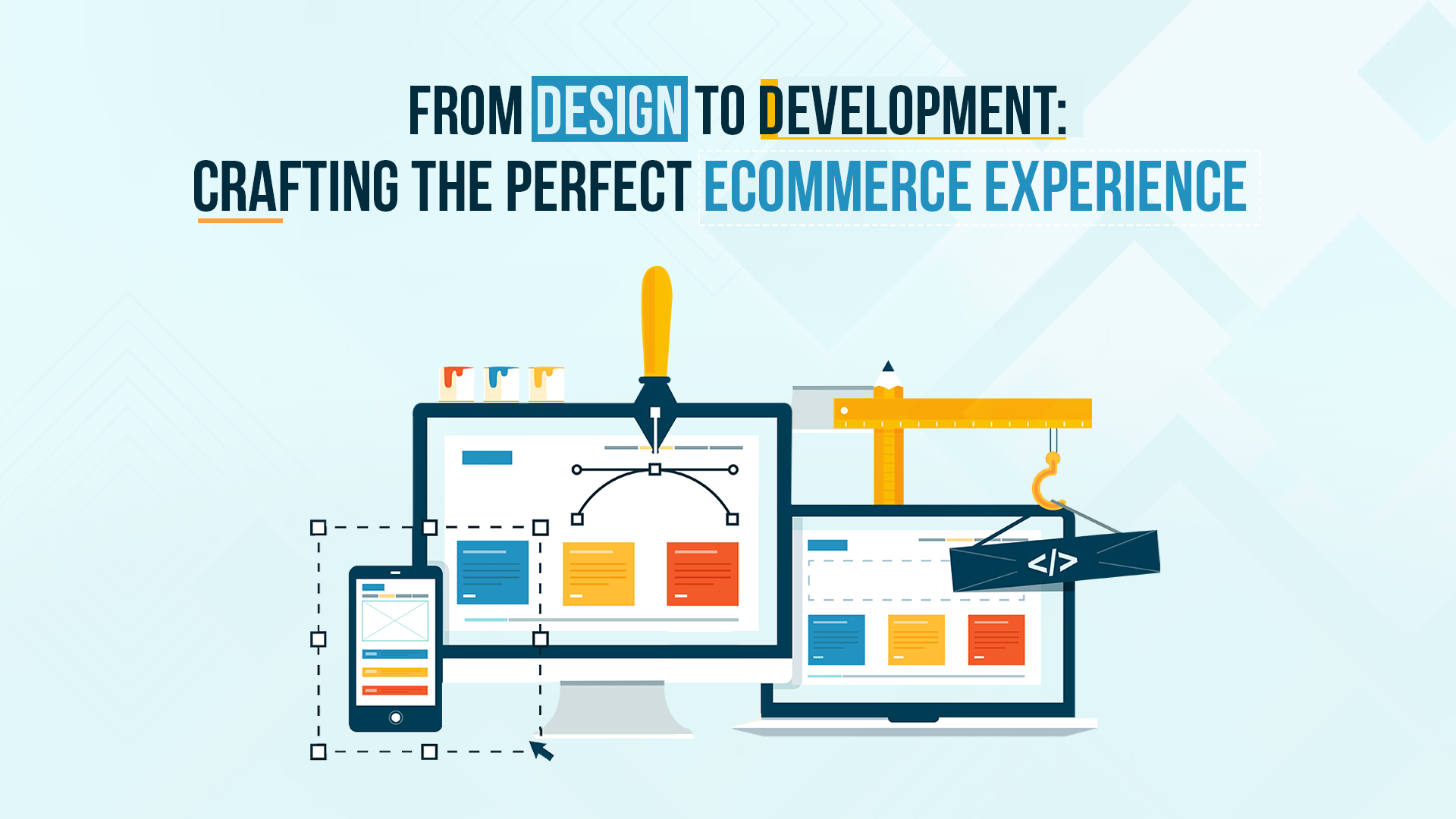Software testing has always been crucial for creating reliable and high-quality software. However traditional manual testing methods are slow, require a lot of effort, and are prone to mistakes. Fortunately, Artificial Intelligence (AI) has changed the game and made test automation using AI the way of the future.
AI-driven automation brings powerful tools that use machine learning algorithms to improve the efficiency, accuracy, and scalability of software testing. In this blog, we will explore how AI helps in automation testing, its benefits, the best AI-powered automation testing tools in 2023, and how it enhances the quality of software products and applications. Additionally, we’ll look at how to get started with AI-driven testing and discuss the promising future of AI in software testing.
AI Role in Automation Testing
AI plays a crucial role in automation testing by using machines to learn, reason, and make data-based decisions. This technology allows testers to overcome challenges in traditional automation testing and provides precise results.
One of the primary advantages of AI in automation testing is its role in maintaining tests. As software evolves, testers need help in updating numerous test cases. AI-powered tools can automatically detect changes in the application and update the test scripts, ensuring that tests remain practical and up-to-date.
Moreover, AI significantly improves the efficiency and accuracy of test case creation. Testers can now use natural language processing (NLP) to create test cases in plain English, eliminating the need for complex coding. It speeds up the process and makes it more accessible to testers with varying technical skills.
Artificial intelligence is revolutionizing how we test software, making it smarter and more efficient than ever before.
AI Benefits in Automation Testing
The adoption of AI in automation testing brings a multitude of benefits to software quality assurance teams:
Easier Maintenance: AI-powered tools automatically update test scripts when the application changes, ensuring tests stay effective as the software evolves.
Simpler Test Creation: AI tools enable testers to use natural language, simplifying test case creation for non-technical team members without manual coding.
Faster Testing: AI can run numerous tests in minutes, accelerating testing processes and aiding in faster software releases without compromising quality.
Better Bug Detection: AI analyzes vast amounts of data to identify patterns that indicate bugs, leading to more accurate and efficient bug detection, unlike manual testing.
Comprehensive Test Coverage: AI can run tests simultaneously on different platforms, browsers, and devices, ensuring thorough testing and reducing the risk of undiscovered bugs.
Smart Test Reporting: AI-powered tools offer detailed insights and comprehensive reports on test results and performance, enabling teams to make data-driven decisions during testing.
Best AI-Powered Automation Testing Tools in 2023
As we step into the year 2023, it’s crucial to be aware of the latest and most advanced software testing tools that utilize Artificial Intelligence (AI) to enhance the testing process. These tools are like the superheroes of software testing, providing better and faster testing methods. They ensure that the software we use is of the highest quality and free of any issues. In this section, we will introduce you to these incredible AI-powered testing tools that are changing the game in software testing.
AI in testing promises to predict bugs, prevent them, create intelligent test cases, and analyze results more effectively.
Here are some of the top AI-powered automation testing tools to keep an eye on in 2023:
Functionize: A cloud-based tool that utilizes AI and ML to automate testing. Functionize can quickly run tests on different browsers and devices with smart agents. It can also intelligently fix test issues and explore elements, saving valuable time.
AccelQ: AccelQ does not require coding and streamlines quality assurance. It automates test creation and administration for web UI, API, desktop, and mobile platforms, providing a comprehensive view of the testing lifecycle.
TestCraft: An AI-powered tool based on Selenium, TestCraft allows easy test script creation with a drag-and-drop interface. It automatically updates test scripts when the application changes and testers can run tests on various devices and browsers without coding.
Testim.io: Testim.io uses AI and machine learning to simplify functional testing. It speeds up test development, execution, and maintenance, detecting application changes during automated testing. It also integrates well with CI/CD solutions and provides detailed problem reports.
Applitools: Applitools is an automated testing platform that uses AI to analyze the visual components of the UI. Visual AI technology can assess app interfaces without extensive coding and quickly spot any changes in the application, seamlessly working with existing tests.
How AI-Driven Testing Improves Software Quality

The adoption of AI-driven testing has a significant positive impact on software quality, offering several advantages over traditional manual testing methods:
Improved Accuracy: AI-driven testing allows testers to create comprehensive test scenarios that better simulate real-world user behavior, accurately identifying potential defects in the code.
Faster Test Execution: AI-powered tools do many tasks manually, such as creating and running test cases automatically, which makes testing faster and more efficient. It means testing takes less time, and you can deploy your software quickly.
Reduced Costs: Automation eliminates the need for extensive manual test creation and execution, saving time and resources for organizations.
Improved User Experience: AI-driven testing identifies potential user experience (UX) design issues, ensuring a positive and seamless user experience across platforms.
Increased Productivity: Automation clears testers to focus on more strategic and complex testing activities, improving overall productivity.
AI-Driven Testing for QA Test Automation
To use AI-driven testing for your organization’s QA process, follow these steps:
Identify Your Testing Needs: Understand which tests can benefit from automation and AI-powered tools. Analyze your current test suite to identify optimizable areas through automation.
Choose a Testing Platform: Research and select an AI-powered testing platform that aligns with your specific requirements. Look for one that is easy to use, supports different test frameworks, and has reasonable pricing.
Establish Testing Processes: Set up consistent testing processes using the AI-driven platform to ensure accurate and reliable results. It should include defining test cases, creating automated tests, running tests, and analyzing results.
Monitor Progress: Use the valuable information obtained from AI-driven testing to monitor how well your product is doing. This way, you can quickly find and fix any problems that may arise, making sure your products provide a great user experience on various platforms. This proactive approach ensures that your products deliver a positive user experience across different platforms.
Make Improvements: Continuously update tests as needed to keep up with changes in user behavior or product features. This constant optimization ensures that your tests remain relevant and reflect current usage patterns.
The Future of AI in Automation Testing
The future of AI in automation testing looks promising, with even more advanced capabilities on the horizon. As AI technology continues to evolve, we can expect further innovations in software testing. Some potential areas where AI is likely to make a significant impact include:
Prediction and Prevention of Bugs: AI algorithms may proactively detect and fix potential bugs before they occur, saving organizations time and money by preventing costly software defects.
Advanced Test Case Creation: AI-powered tools may be further enhanced to create test cases based on historical data, user behavior, and system requirements. It will make test creation faster and ensure thorough testing of all important scenarios.
Intelligent Test Result Analysis: AI can play a crucial role in analyzing test results and identifying trends and patterns in test data. It will help testers make more informed decisions and prioritize their testing efforts effectively.
Conclusion
The use of AI-powered test automation is playing a crucial role in shaping the future of software testing. It provides exceptional efficiency, accuracy, and speed in testing software. By embracing AI-driven testing, organizations can improve their software quality, deliver superior user experiences, and stay ahead in the dynamic world of software development.
With the continuous advancements in AI technology and the development of more sophisticated AI-powered tools, organizations can expect even greater efficiency and productivity in their testing processes. By leveraging AI, businesses can pave the way for faster delivery rates, improved quality, and reduced costs, ensuring their software products meet and exceed customer expectations in today’s fast-paced digital world.










